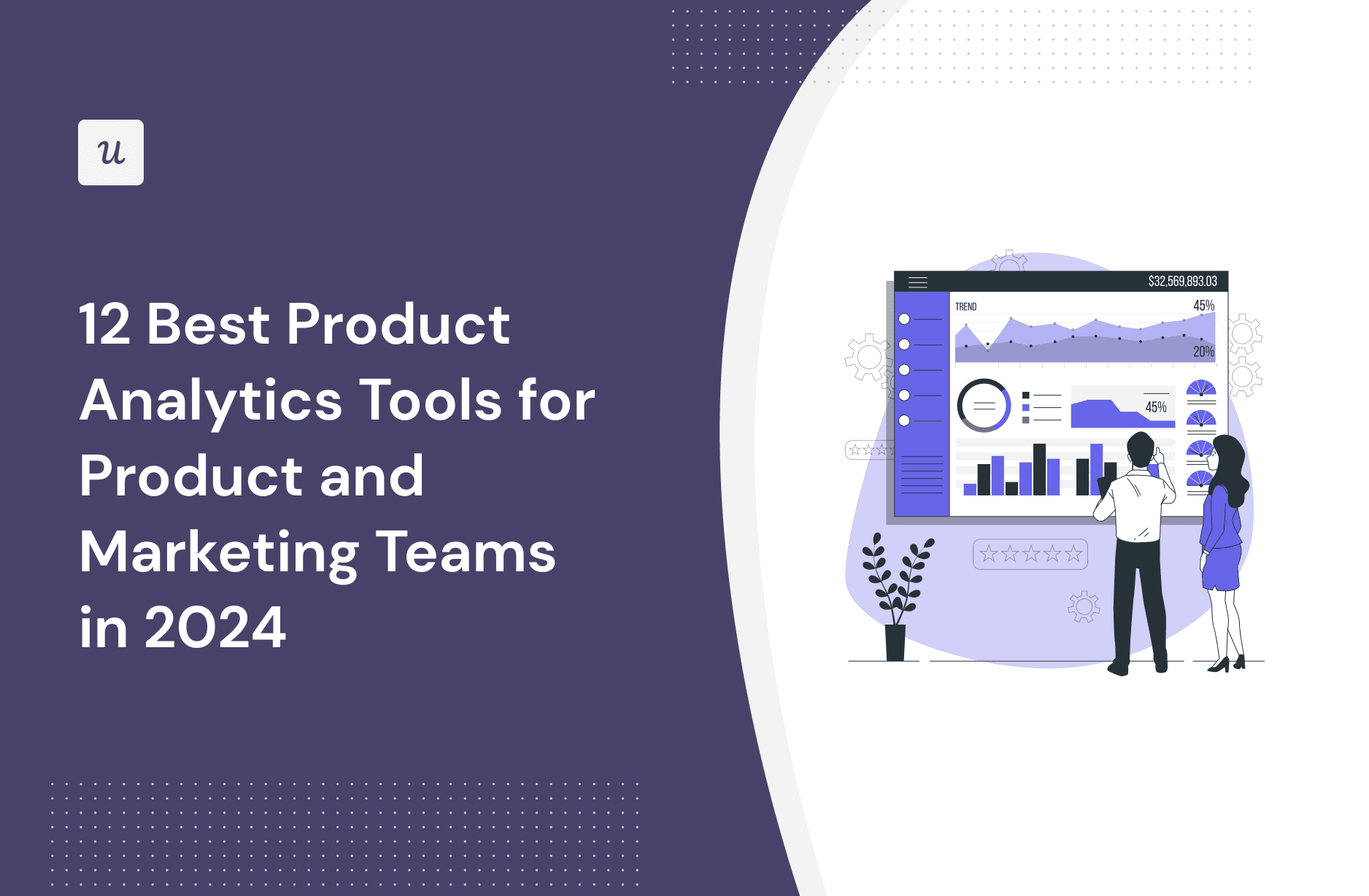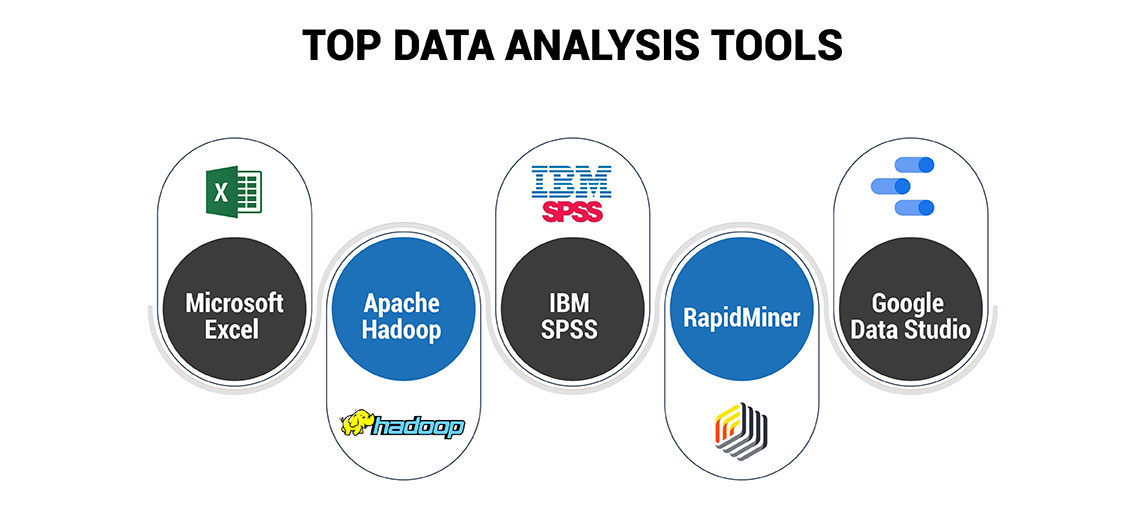Transform Data right into Techniques with Cutting-Edge Analytics
Transform Data right into Techniques with Cutting-Edge Analytics
Blog Article
Optimize Growth: Just How Analytics Drive Better Approaches
By using information insights, businesses can improve their functional methods, prepare for market modifications, and enhance customer involvement. The difficulty exists not just in gathering data however in effectively interpreting it to drive tangible results.
Recognizing Data Analytics
Data analytics is a systematic computational analysis of information that allows organizations to uncover significant patterns and understandings. This process includes a selection of methods, consisting of analytical evaluation, anticipating modeling, and data mining, which collectively aim to change raw information into workable details - Analytics. By using these methods, organizations can make enlightened decisions that are rooted in empirical proof as opposed to instinct alone
The structure of data analytics lies in its ability to deal with huge quantities of info from varied sources. This consists of organized information, such as databases, and unstructured information, including social media sites interactions and client comments. Through using specialized software application and devices, analysts can extract and refine this information successfully, identifying patterns and relationships that might not be right away obvious.
Understanding information analytics also includes recognizing the relevance of data quality and stability. Reputable and exact data is crucial for purposeful analysis; thus, companies must implement robust data administration methods. Moreover, the iterative nature of analytics permits for continuous refinement and improvement of techniques, guaranteeing that organizations remain active despite transforming market dynamics and customer actions.
Trick Advantages of Analytics

Among the vital benefits of analytics is its ability to provide actionable insights. Organizations can quickly assess substantial amounts of data, uncovering patterns that may not be instantly obvious. This aids in anticipating market shifts and adapting methods as necessary. In addition, analytics fosters a society of evidence-based decision-making, decreasing dependence on intuition and guesswork.
An additional significant advantage is enhanced client understanding. Analytics devices allow services to section their audience, track customer behavior, and customize advertising and marketing efforts. This targeted method not only enhances customer involvement yet also drives higher conversion prices.

Implementing Analytics Strategies
To totally realize the benefits of analytics, companies must take on structured approaches for execution. This begins with clearly defining purposes that Clicking Here line up with broader service goals. By establishing details, quantifiable end results, organizations can focus their analytics efforts on locations that generate click here for info the highest return on investment.
Following, organizations should prioritize data administration to make certain the honesty and safety and security of the data being analyzed. This includes establishing protocols for data collection, storage, and accessibility while adhering to appropriate policies. Guaranteeing high-quality data is important for producing significant understandings.
Additionally, cultivating a society of data-driven decision-making is crucial. This calls for training workers to analyze analytics searchings for and encouraging cooperation across divisions. When teams recognize the value of analytics, they are most likely to incorporate understandings into their daily operations.
Lastly, organizations need to regularly assess and refine their analytics techniques. The landscape of information and technology is continually evolving, and remaining adaptable will enable organizations to leverage new tools and methods effectively. By implementing these structured strategies, organizations can take full advantage of the influence of their analytics efforts and drive lasting growth.
Devices for Effective Analysis
Reliable analysis relies upon a selection of devices that facilitate the extraction of understandings from data - Analytics. These devices can vary from easy spreadsheet applications to advanced maker learning platforms, each offering a distinct objective in the analytical procedure
Information visualization software program, such as Tableau and Power BI, plays a critical function in transforming complex datasets into reasonable graphical depictions. These tools allow experts to determine patterns and patterns quickly, permitting more educated decision-making.
Statistical evaluation software program, like R and SAS, supplies sophisticated abilities for conducting in-depth evaluations, consisting of regression, theory testing, and predictive modeling - Analytics. These features encourage organizations to draw purposeful final thoughts from their data, determining possible chances and dangers
Additionally, database administration systems such as SQL and NoSQL data sources provide the needed facilities for keeping and quizing large quantities of data efficiently. They guarantee that data is organized and easily accessible for analysis.
Finally, company intelligence platforms incorporate different information resources, supplying a thorough view of business efficiency. By utilizing these tools effectively, services can improve their logical abilities, allowing them to create methods that make best use of growth and enhance overall efficiency.
Study of Success
Effective companies often utilize data analytics to drive impactful strategies, as shown by several noteworthy case researches. By using these understandings, Netflix has successfully customized its material referrals, resulting in enhanced user engagement and client retention.

Additionally, Starbucks employs information analytics to identify optimal store areas and improve read what he said its item offerings. By examining consumer demographics and purchasing patterns, Starbucks successfully identifies high-potential markets and tailors its food selection to regional tastes, driving sales and client loyalty.
These case researches show that effective usage of data analytics can bring about calculated benefits, fostering technology and growth within companies throughout different markets.
Conclusion
In conclusion, the combination of analytics right into organizational approaches considerably improves decision-making procedures and promotes lasting growth. The reliable implementation of analytics devices additionally sustains agility and advancement, making it possible for organizations to navigate affordable landscapes with greater precision.
Data analytics is a methodical computational analysis of information that enables companies to reveal purposeful patterns and understandings.Understanding data analytics likewise entails acknowledging the relevance of data quality and integrity. Reputable and exact data is vital for purposeful analysis; therefore, companies must apply robust information administration techniques.Next, companies must focus on data governance to ensure the honesty and safety of the data being analyzed.Effective organizations typically utilize data analytics to drive impactful approaches, as shown by a number of significant instance researches.
Report this page